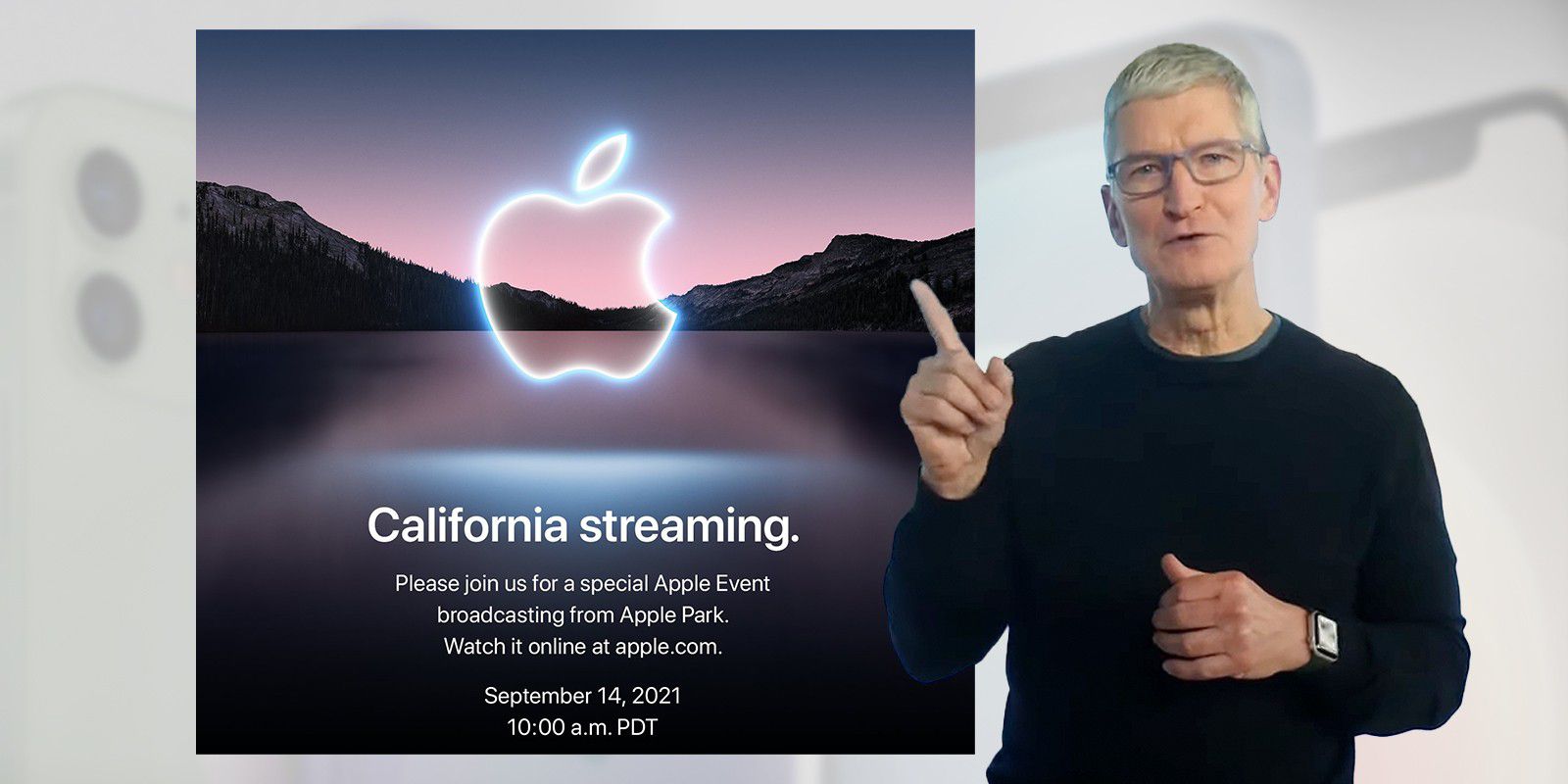
:no_upscale()/cdn.vox-cdn.com/uploads/chorus_asset/file/20047021/JGcnD9G.jpg)
The rest of the crowd is comprised of Apple employees, guests, and VIPs.Īpple’s decision to serve refreshments, which did include delicious desserts, isn’t obscene. Contrary to what some may think, the media and press, denoted by the laptops in use, make up 55% to 60% of the audience. The following screenshot from inside Steve Jobs Theater during the recent Apple event does a good job of showing who attends Apple keynotes at Steve Jobs Theater. The rounds of applause aren’t coming from the media / press.

The media doesn’t “worship” Apple at these events. My initial reaction to Warzel’s article was that it must have been some kind of manufactured outrage piece since the “pageant” he describes didn't come close to describing an actual Apple keynote. Serving journalists pastries topped with gold leaf doesn’t do much to help either.”

When the world feels increasingly volatile and fragile, it feels a little obscene to gather to worship a $1,000 phone. The entire event is at odds with our current moment - one in which inequality, economic precarity and populist frustration have infiltrated our politics and reshaped our relationships with once-adored tech companies. The events are exhausting love letters to consumerism complete with rounds of applause from the laptop-lit faces of the tech blogging audience when executives mention that you (yes you!) can hold the future in your hands for just $24.95 per month or $599 with trade-in. “ But what started as a Steve Jobs TED talk has become a parody - a decadent pageant of Palo Alto executives, clothed in their finest Dad Casual, reading ad copy as lead-ins for vaguely sexual jump-cut videos of brushed aluminum under nightclub lighting. In an opinion piece titled, “ The Last Apple Keynote (Let’s Hope),” Charlie Warzel wrote: It is in Apple’s best interest to continue hosting keynotes and product events, especially as the company moves into the wearables era. In addition, keynotes provide a number of intangibles that it would be difficult for Apple to communicate any other way. Apple keynotes remain some of the most valuable marketing events in today’s media landscape. While Apple cynicism isn’t new, the preceding opinions represent a new kind of outrage. Others took to Twitter to say how Apple’s dessert offerings suggested the company is tone deaf or to complain about members of the audience becoming too emotional while hearing Apple Watch users tell stories of how the device saved their lives. The New York Times ran an opinion piece calling for the end of Apple keynotes and claiming there is no longer a place for such “pageants” in today’s polarizing world. Instead of focusing on the new products unveiled on stage, much of the criticism was aimed at the event itself. However, the backlash had a dramatically different tone this time around. It didn’t take long for critics to go after Apple’s recent product event at Steve Jobs Theater.


 0 kommentar(er)
0 kommentar(er)
